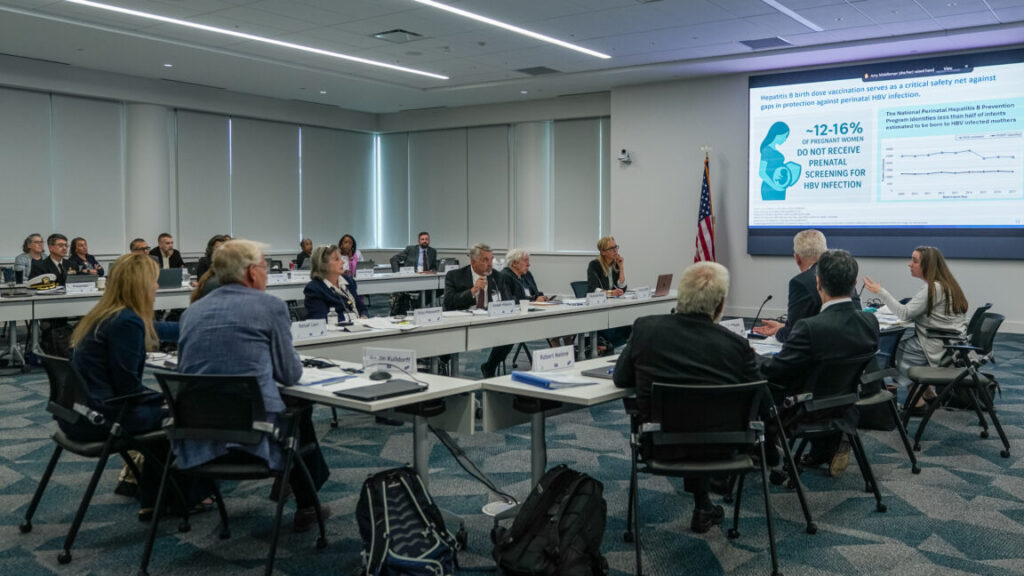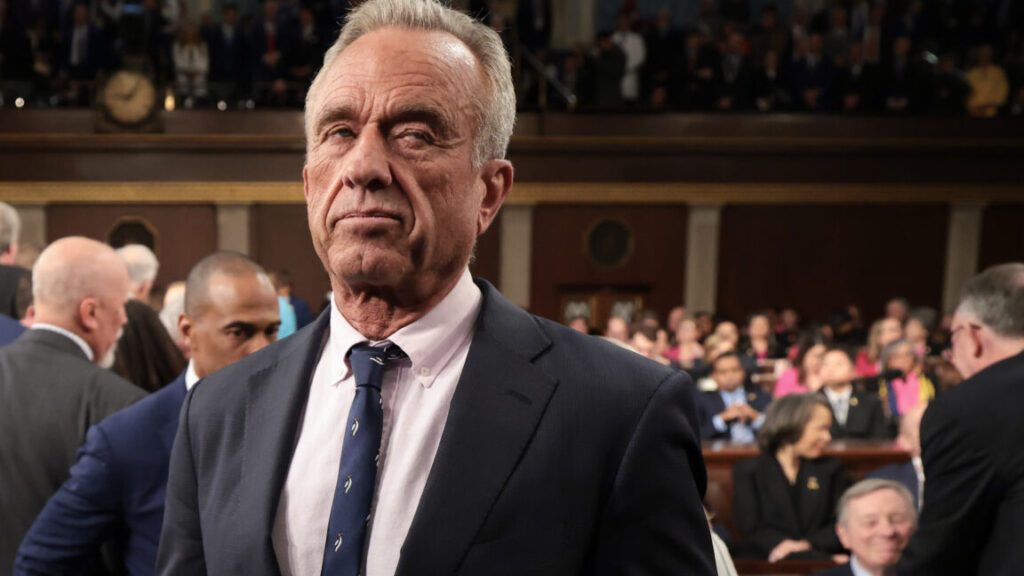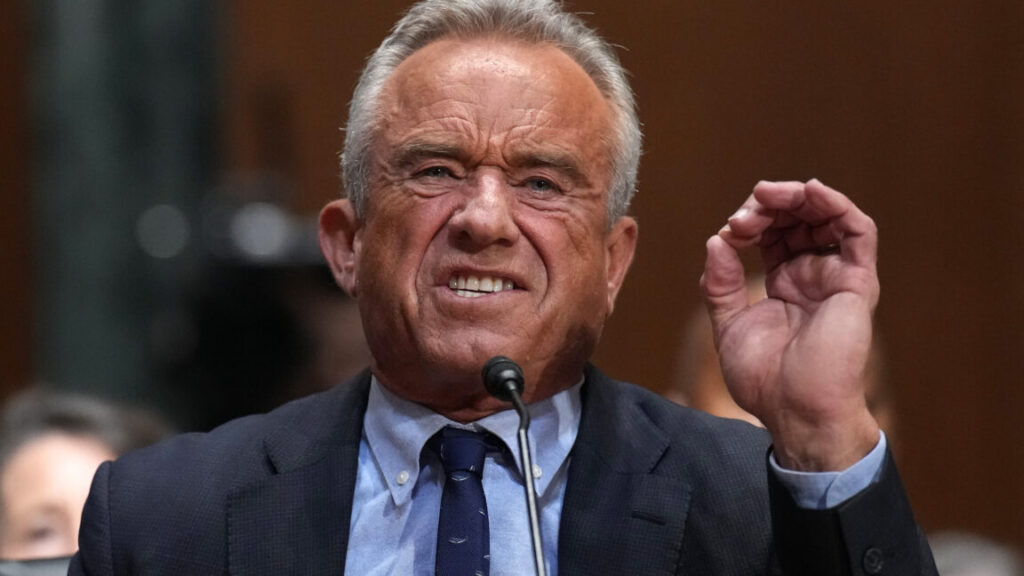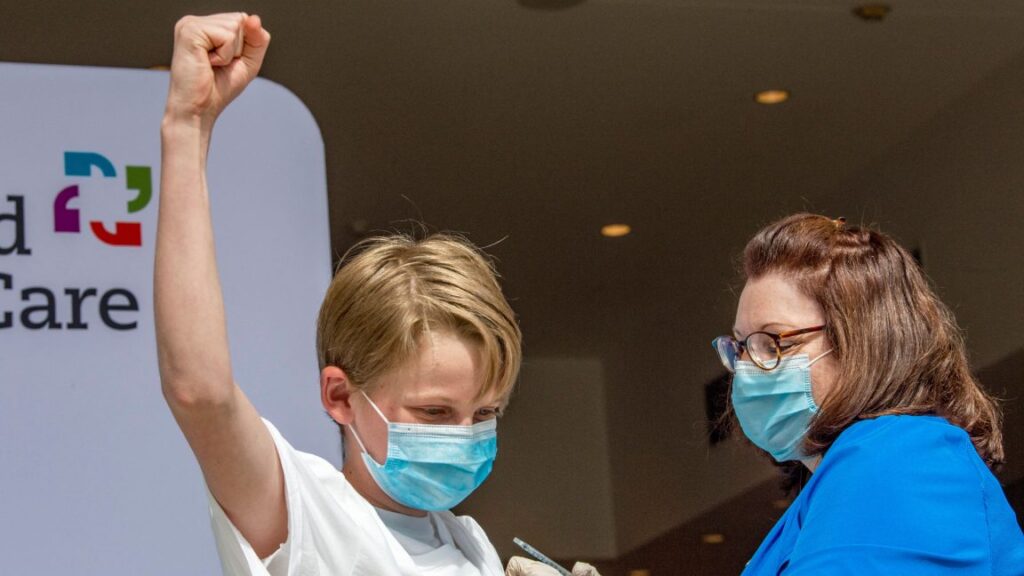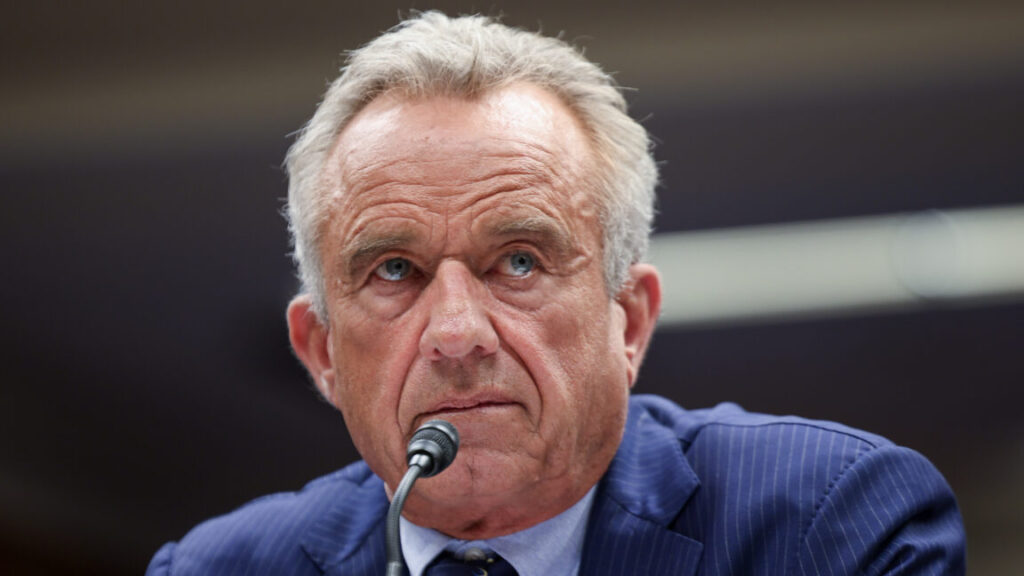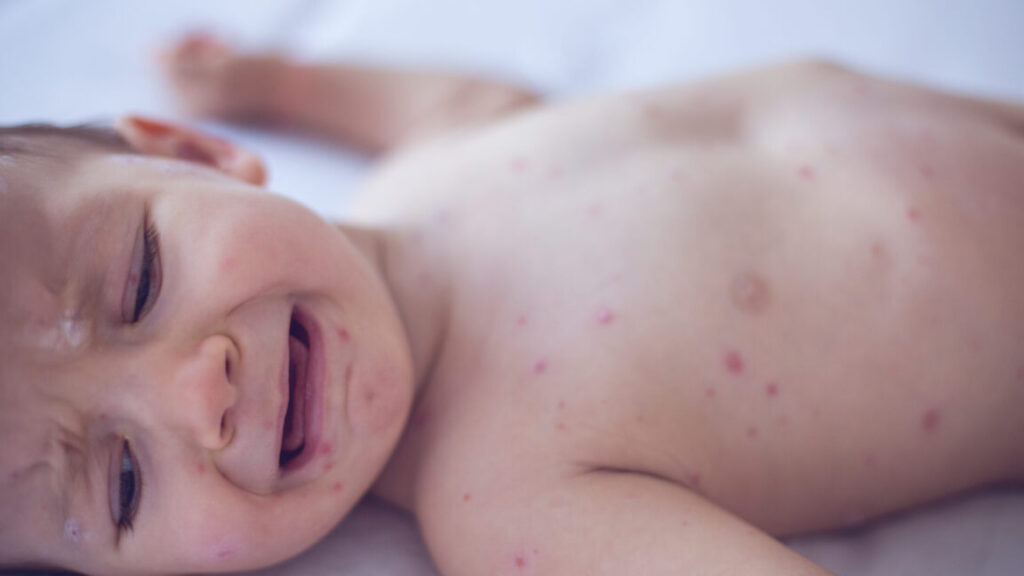Newborn dies after mother drinks raw milk during pregnancy
A newborn baby has died in New Mexico from a Listeria infection that state health officials say was likely contracted from raw (unpasteurized) milk that the baby’s mother drank during pregnancy.
In a news release Tuesday, officials warned people not to consume any raw dairy, highlighting that it can be teeming with a variety of pathogens. Those germs are especially dangerous to pregnant women, as well as young children, the elderly, and people with weakened immune systems.
“Raw milk can contain numerous disease-causing germs, including Listeria, which is bacteria that can cause miscarriage, stillbirth, preterm birth, or fatal infection in newborns, even if the mother is only mildly ill,” the New Mexico Department of Health said in the press release.
The health department noted that it could not definitively link the baby’s death to the raw milk the mother drank. But raw milk is notorious for transmitting Listeria monocytogenes bacterium. The Food and Drug Administration has a “Food Safety for Moms-to-Be” webpage about Listeria, in which it poses the question and answer: “How could I get listeriosis? You can get listeriosis by eating raw, unpasteurized milk and unpasteurized milk products… .”
Listeria is a particular danger during pregnancy. When exposed, pregnant people are 10 times more likely to develop a Listeria infection than other healthy adults because altered immune responses during pregnancy make it harder to fight off infections. Further, Listeria is one of a few pathogens that are able to cross the placental barrier and infect a developing fetus.
Newborn dies after mother drinks raw milk during pregnancy Read More »

